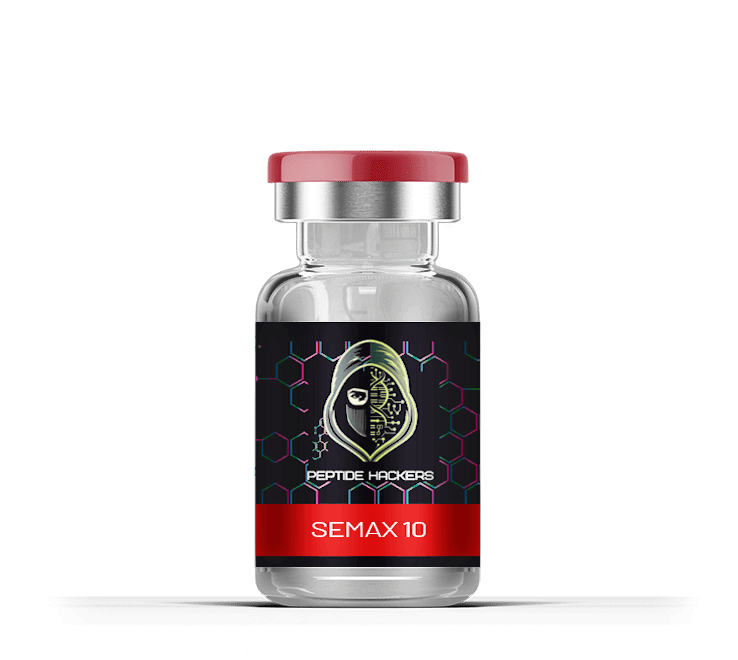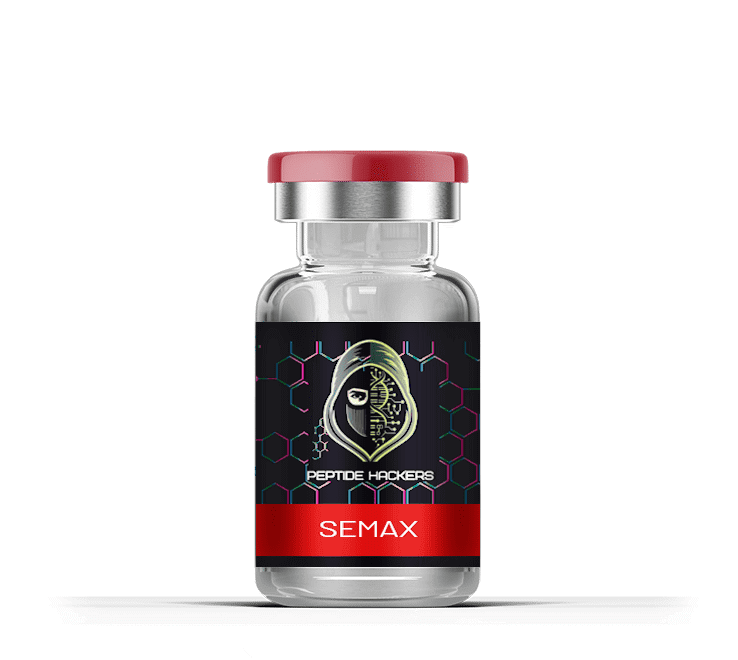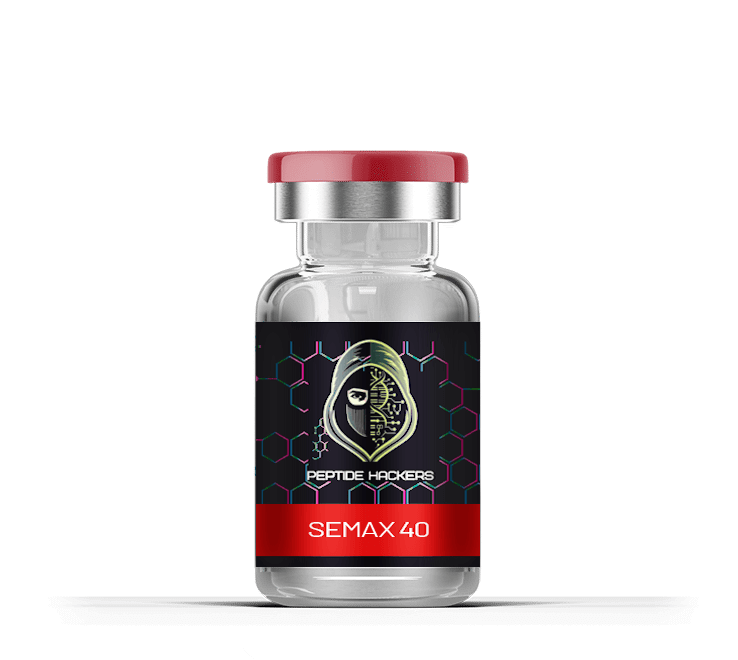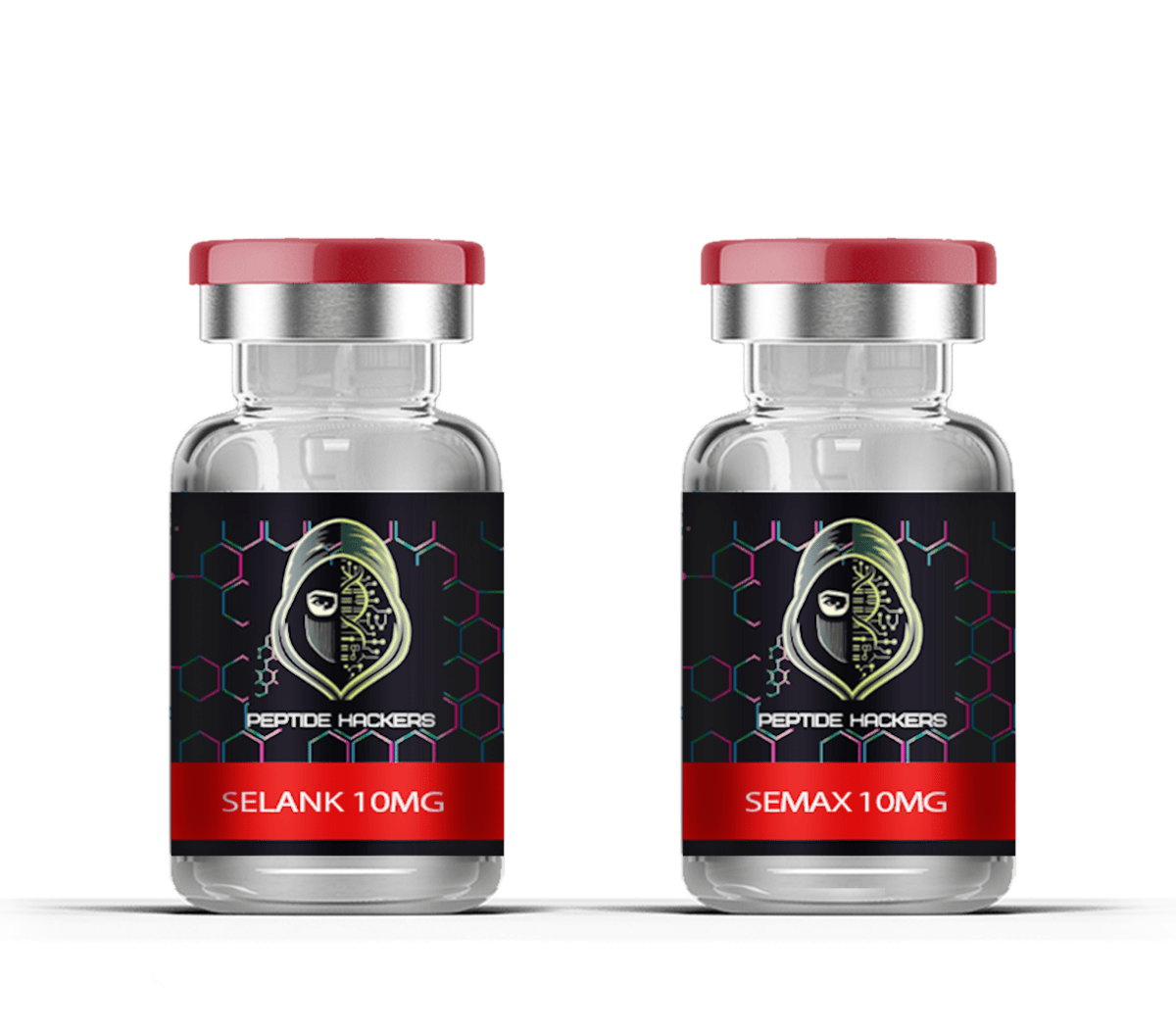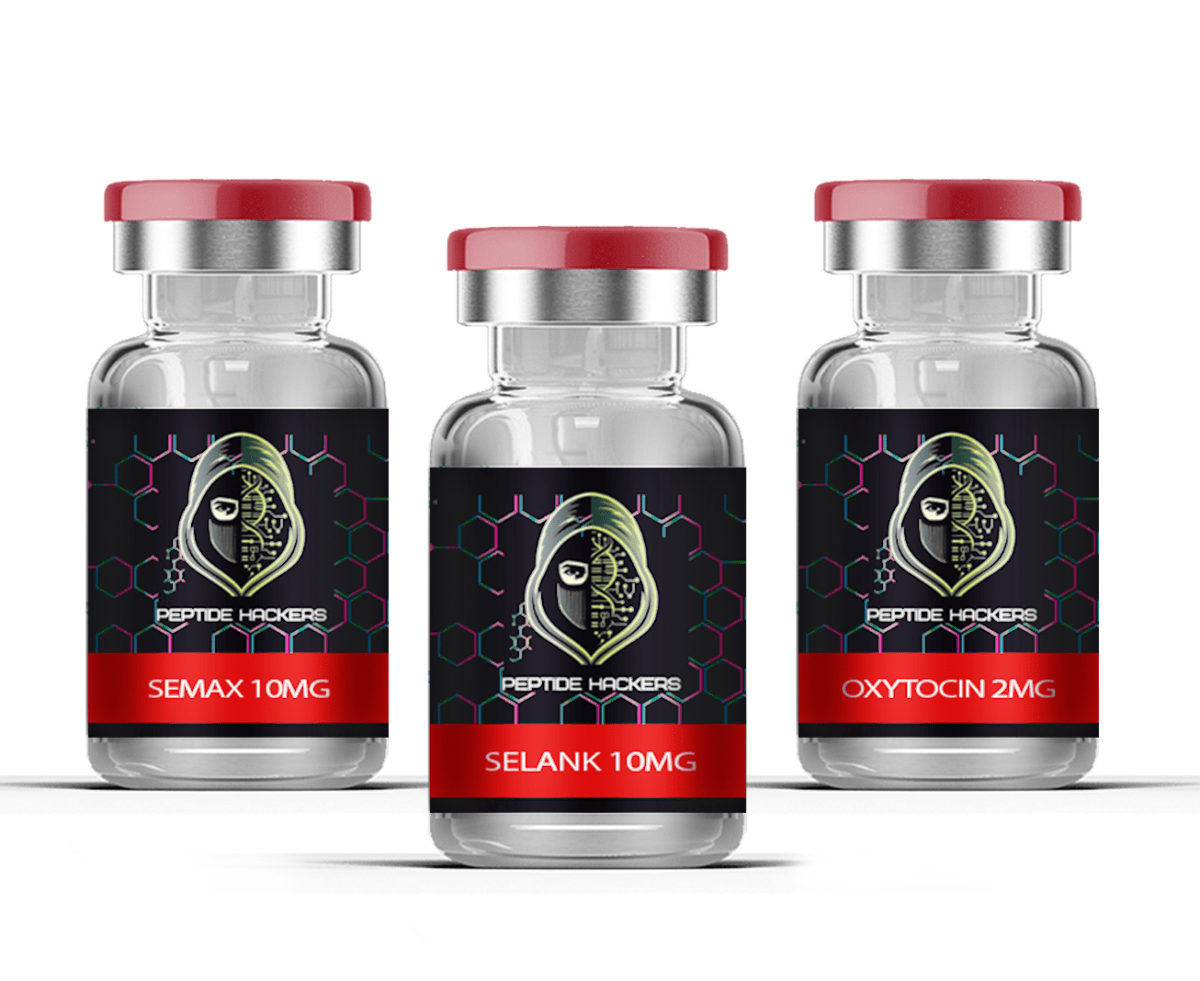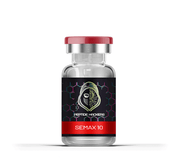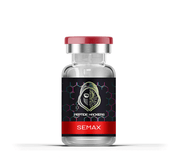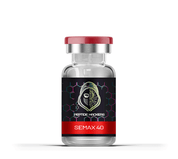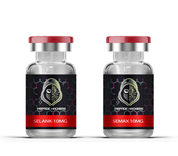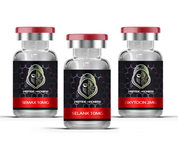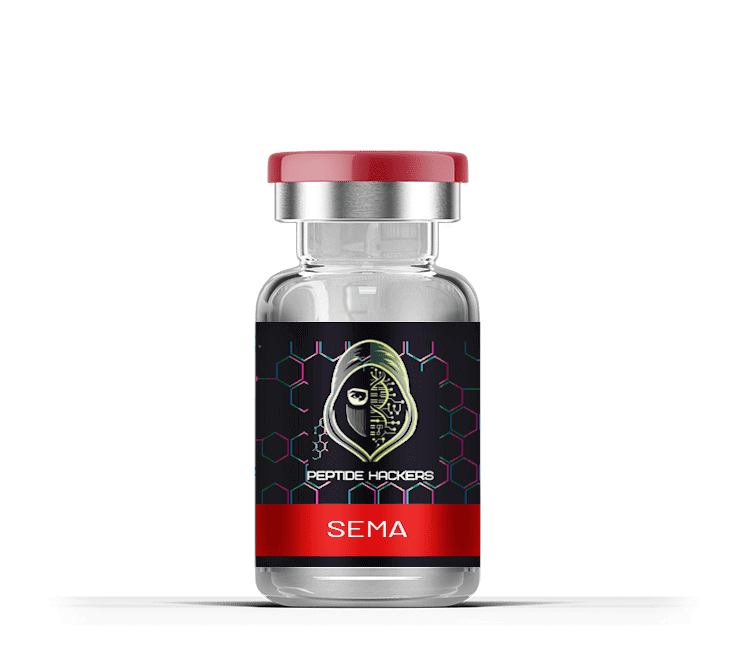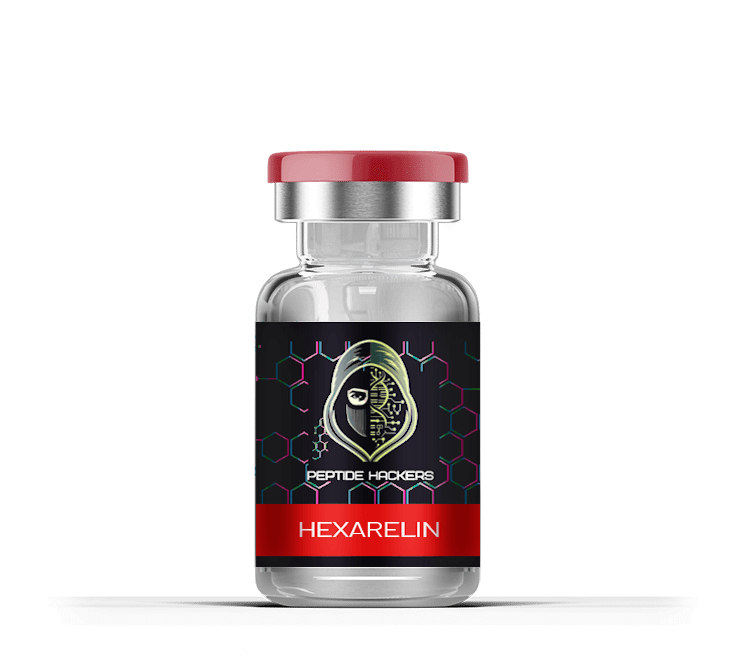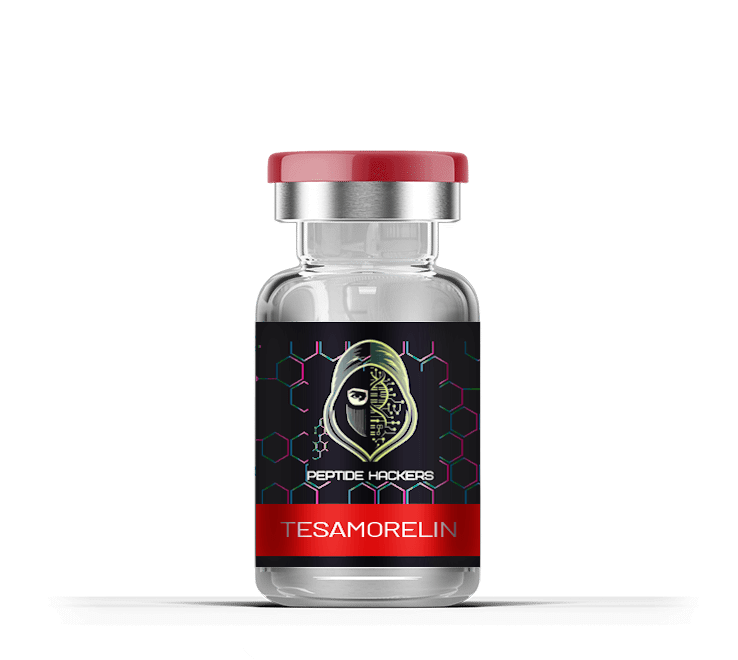Understanding Semax: A Simple Guide
Shipping: We offer reliable shipping options both domestically and internationally. All orders are processed within 1-2 business days. Shipping times vary depending on your location, and you will receive a tracking number once your order has shipped. Please note that international customers are responsible for ensuring that peptide products comply with their country’s import regulations.
Returns: Due to the specialized nature of our products, we do not accept returns or exchanges. If you receive a damaged or incorrect item, please contact our customer support team within 7 days of delivery. We will work to resolve the issue as quickly as possible, either by sending a replacement or providing a refund if applicable. For additional questions about shipping or returns, please reach out to our support team.
TB-500 (Thymosin Beta-4) Research Peptide: Laboratory Studies in Cellular Migration and Angiogenesis
Introduction to TB-500: A Synthetic Thymosin Beta-4 Fragment for Research
TB-500 is a synthetic version of the naturally occurring Thymosin Beta-4 peptide fragment, consisting of 43 amino acids with the molecular formula C212H350N56O78S. This research compound is extensively studied in laboratory settings for its role in actin sequestration, cellular migration pathways, and angiogenesis mechanisms. As a G-actin binding protein, TB-500 serves as a valuable research tool for investigating cytoskeletal dynamics and cellular motility in controlled experimental conditions.
Research Mechanisms: Molecular Pathways and Cellular Interactions
Actin Regulation Studies
Laboratory investigations demonstrate TB-500's role in actin polymerization and depolymerization cycles. Research shows this peptide's ability to sequester G-actin monomers, affecting cytoskeletal reorganization in various cell culture models. Studies focus on understanding cellular morphology changes and migration patterns in vitro.
Angiogenesis Research Applications
Cell culture experiments reveal TB-500's effects on endothelial cell behavior and vascular tube formation. Research models demonstrate altered VEGF expression patterns and endothelial cell proliferation rates under controlled laboratory conditions. Studies examine capillary-like structure formation in matrigel assays.
Cell Migration and Motility Studies
In vitro scratch assays and transwell migration experiments show modified cellular movement patterns in the presence of TB-500. Research focuses on lamellipodial extension, focal adhesion dynamics, and directional cell migration in various cell lines including fibroblasts and keratinocytes.
Anti-Inflammatory Pathway Research
Laboratory studies investigate TB-500's modulation of inflammatory signaling cascades. Research demonstrates altered cytokine production profiles and NF-κB pathway activity in immune cell models. Experiments examine prostaglandin synthesis and inflammatory mediator expression.
Laboratory Applications and Experimental Protocols
Cell Culture Research Parameters
Standard research protocols utilize TB-500 concentrations ranging from 0.1-100 μM in cell culture studies. Experimental designs include: - Proliferation assays using various cell lines - Migration studies in wound scratch models - Differentiation experiments in stem cell cultures - Apoptosis resistance studies in stress conditions
Animal Model Research Protocols
Laboratory animal studies typically employ doses of 2-5 mg/kg in experimental designs. Research applications focus on: - Tissue response mechanisms in controlled injury models - Molecular pathway activation studies - Biomarker expression analysis - Pharmacokinetic and biodistribution studies
Molecular Biology Research Tools
TB-500 serves as a research reagent for: - Gene expression profiling studies - Protein-protein interaction assays - Signal transduction pathway analysis - Cytoskeletal dynamics investigations
Research Storage and Handling Protocols
Lyophilized TB-500 should be stored at -20°C or below for long-term stability. Reconstituted solutions in bacteriostatic water or appropriate research buffers should be stored at 2-8°C and used within 30 days. Avoid repeated freeze-thaw cycles. Follow standard peptide handling procedures and institutional biosafety guidelines.
Quality Specifications for Research Use
Research-grade TB-500 specifications: - Purity: ≥98% by HPLC - Molecular Weight: 4963.5 Da - Appearance: White lyophilized powder - Solubility: Readily soluble in water and aqueous buffers - Endotoxin: <1 EU/mg (LAL method)
Important Research Notice
This material is provided exclusively for in vitro research and laboratory animal studies. It is not intended, approved, or suitable for human or veterinary therapeutic use. Researchers must comply with all applicable regulations and institutional review board requirements. This product is available only to qualified research institutions and investigators conducting legitimate scientific research.
Certificate of Analysis Available
Each batch includes comprehensive analytical documentation including HPLC chromatograms, mass spectrometry data, and purity analysis. Research institutions can request batch-specific certificates for quality assurance purposes.
Our Story, Our Promise
At PeptideHackers, we’re committed to advancing research by providing high-quality peptides for scientific and research purposes. We ensure the highest standards and transparency in every product, supporting your research with science-backed solutions. Welcome to PeptideHackers.
Frequently Asked Questions
-
Due to the sensitive nature of our research products, we do not accept returns or exchanges. However, if you receive a damaged or incorrect item, please contact our customer support team within 7 days of receiving your order, and we will work to resolve the issue.
-
Research peptides are short chains of amino acids designed for laboratory and scientific research purposes only. They are not intended for human or animal use.
-
Peptides should be stored in a cool, dry place. For long-term storage, refrigerate at 4°C, and for even longer preservation, freezing at -20°C is recommended.
-
Yes, we provide a Certificate of Analysis (COA) for every batch of peptides, detailing the purity and composition to ensure research quality.

